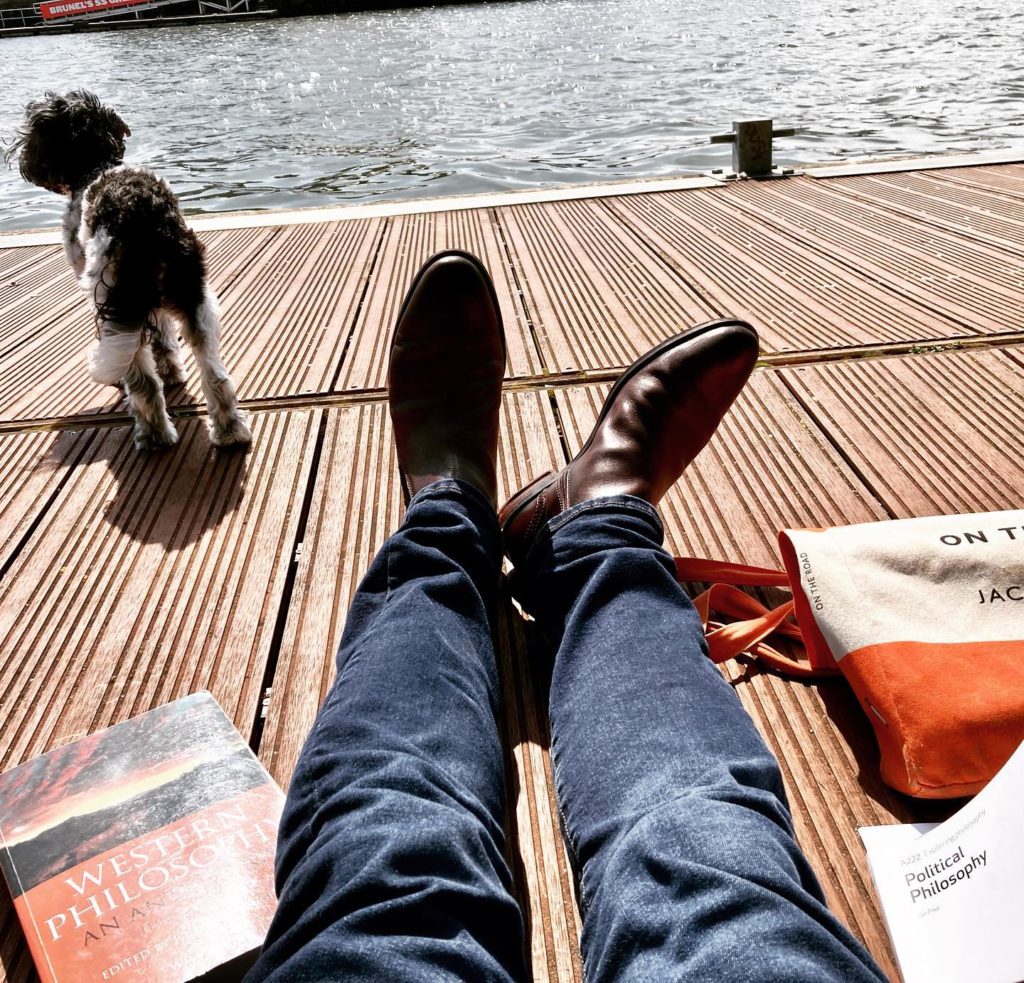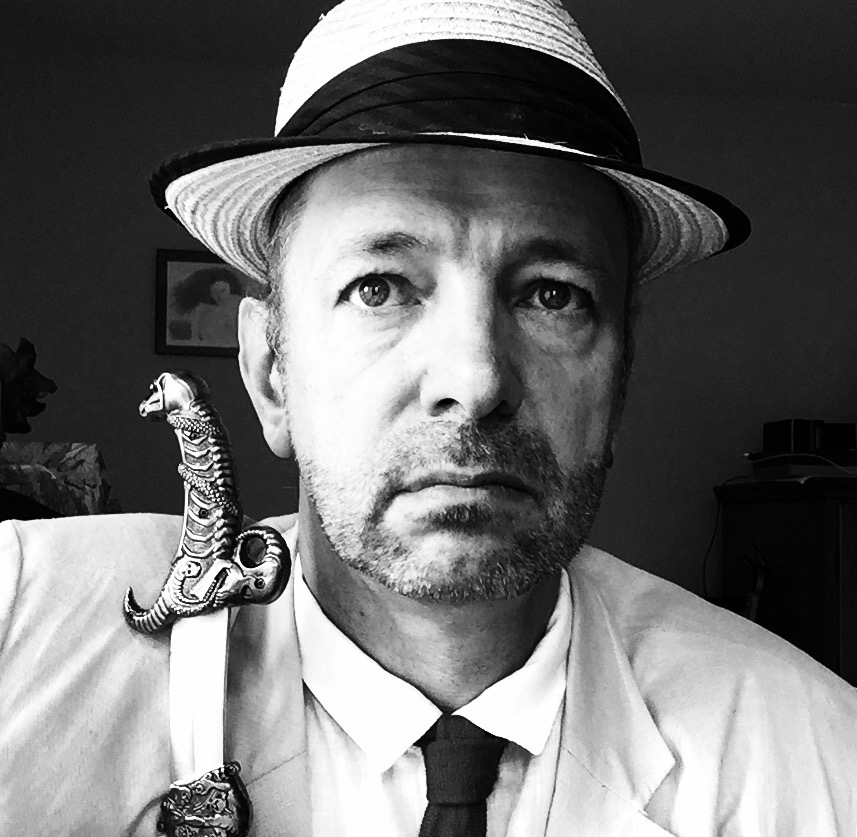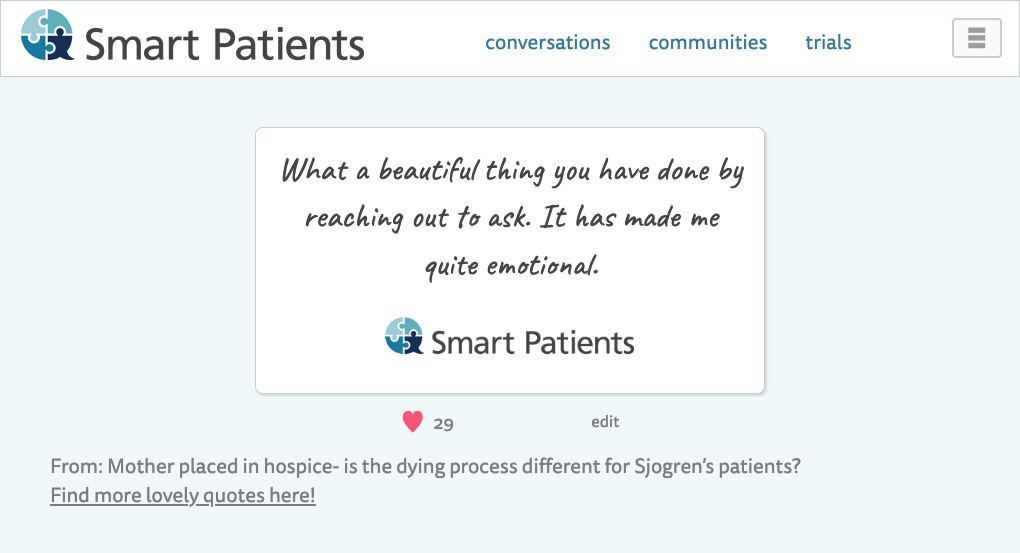Procrastinating authentically
I have a particular style of procrastination that kicks in when I need to get something done. It’s especially paralysing when the task is both intellectually challenging and fun.
Let’s say I have an essay to write. The deadline is a week away. The prompt is Why did the existentialists believe that it’s important to live authentically?
Writing essays on philosophy might not be your cup of tea but I really enjoy it. Writing about a topic forces me to focus on what I really understand and really believe; there’s no faking it like I might in a hand-wavy conversation. How to live authentically? is a question that is always on my mind and, in the week before my essay is due, it occupies every waking moment
I usually end up writing the whole essay in my head while staring into my beer at the Grain Barge or watching the ducks in the harbour with Pearl. All that remains is to write it down. But there is something else I need to get done first…

Before I can write my essay, I have something important I need to finish for work. I have to generate quotes from the Smart Patients community that can be shared on social media as a way to attract new members.
The code for generating quotes is easy but tedious. I’d much rather be working on my essay but as a conscientious worker, I can’t give myself permission to work on the fun stuff while there is important stuff to get done.
But the quote stuff is boring and my mind drifts back to my essay. I end up working on neither and waste my time doom-scrolling on Twitter instead. Maybe tomorrow will be better. That deadline is getting closer. I really need that deadline.
As with essays, so with life. John Lennon said that ‘Life is what happens while you are busy making other plans’. I bet we all have challenging and fun ideas that we’ll get to just as soon as we fulfil our other obligations. Sartre had something to say about this.
Jean-Paul Sartre (1905-1980) defined existentialism as a philosophy of freedom. The name itself comes from Sartre’s observation that, for everyday objects, the essence of an object—its nature or purpose—is conceived by its designer. For example, consider a knife. The essence of a knife is that it is sharp and used to cut things. The knifemaker has the nature and purpose in mind before the act of creation and thus the essence of the knife precedes the knife’s existence.

Earlier philosophers, such as Descartes and Leibniz, believed that humans were given meaning and purpose by God but for Sartre, since there is no God, we are forced to find our own meaning after we come into existence. Thus, for existentialists, ‘existence precedes essence’ and existentialism guides our quest to find meaning in our lives. Having been thrown into the world, we alone are responsible for the choices we make, starting with our search for meaning.
The responsibility to choose often collides with obligations imposed by society’s conventions or family expectations but Sartre said we must choose nonetheless. To allow others to tell us how to live and how to behave is to act in bad faith. To live authentically, we must face up to the choices in front of us even when society might disapprove.
To illustrate, consider a young man who grows up in a mining village where everyone is expected to become a miner when they finish school. Our young man dreams of becoming a writer but his father and grandfather before him were miners and his parents expect him to contribute to the household with a miner’s wage. To live authentically, he must decide whether to follow his dream or his family’s wishes. To deny that he has a choice would be living in bad faith. Sartre took a hard-line view of our responsibility to choose but this view was contested by other philosophers such as Beauvoir.

Simone de Beauvoir (1908-1986) agreed with Sartre that the burden of freedom is heavy and it’s tempting to ‘flee freedom’ by denying the possibility of choice. For Beauvoir, women and girls are especially prone to accept the constraints of convention and to avoid the heavy burden of freedom by denying it and many women feel unable to make the difficult choices that would enable them to live authentically. Even so, men and women alike face the ‘anguish and stress of authentically assumed existence’ and must choose how to live. To live authentically is to accept responsibility for one’s choices and for finding one’s own purpose in life but the stress of choosing often leads to anguish. For many of us, it is easier to deny this responsibility entirely than to face the anguish of choosing.
While I agree with Beauvoir that we are often constrained by family or career obligations, I’d note that there are usually more choices available to those who dare to look for them. It can be difficult to recognise all the choices and, even when we do, it is stressful to choose between them. In my own life, I have made many unconventional choices: I left home and school at 16; I’ve lived and worked in several countries and changed careers twice when it would have been safer and more comfortable to stick with the status quo. But, as I get older and accumulate responsibilities, it becomes harder to ‘up sticks’ to follow a dream and the mere act of contemplating another, more exciting option leads to a feeling of ennui or, to use Beauvoir’s term, anguish as I consider the things I might lose should I leave this life behind. But contemplate it I must, all the same.

It turns out that you can leave after all.
Sartre said that to live an authentic life, we are condemned to choose. I agree enthusiastically. While there are certainly extreme situations where no choice is available, in most situations the choices are there if we look for them and to live the best life available we should force ourselves to ask which option we would take if we were free to choose. That option is often available if only we are willing to pursue it hard enough. The obstacles in our way, formidable though they may appear, are surmountable if we are determined.
But, as with essays, so with life. The sands of time are running out and if I am going to make choices, I need to make them while there is still sand in the top of the glass. Just as the obligation to work on my day job prevents me from starting the essay I want to write, the obligations of everyday life prevent me from pursuing my next adventure and I end up doom-scrolling instead. Unlike with my essay, my deadline seems to have been postponed for now.
Making choices was never this hard before. Maybe tomorrow will be better.

Going to see the river man
— Nick Drake
Going to tell him all I can
About the ban
On feeling free

